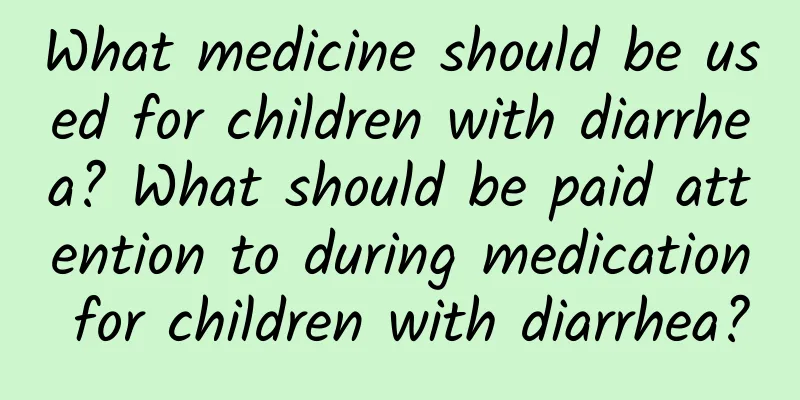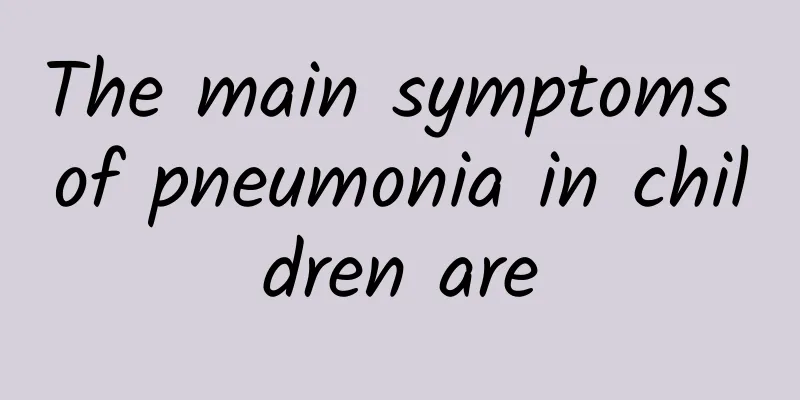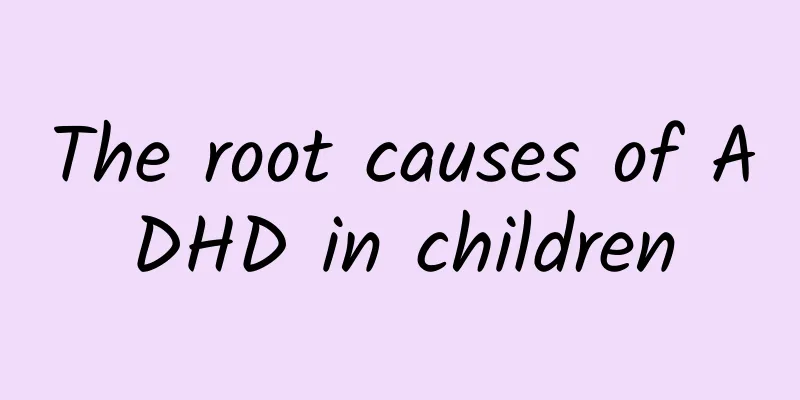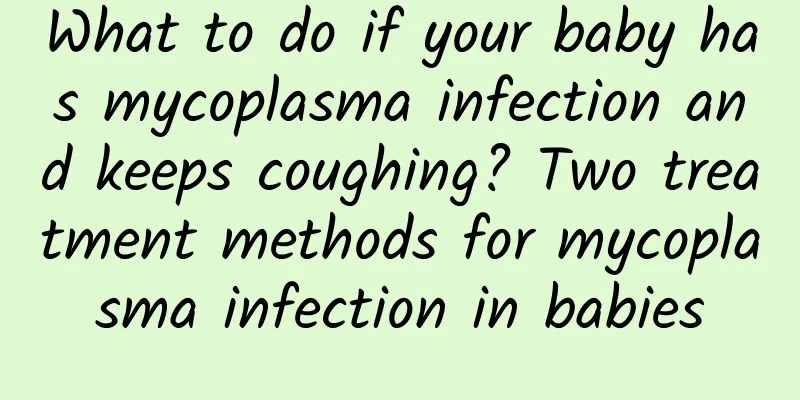Specific tests for pneumonia in children

|
Pediatric pneumonia is a common pediatric disease and is easily cross-infected. It is difficult for babies to cooperate during the treatment process because they are small. Secondly, it is easy to relapse after recovery, which makes parents feel troubled. Do parents know the three routine examinations that children with pneumonia need to do? (1) Sputum culture and drug sensitivity test Through sputum culture, the type of pathogenic bacteria can be detected, so that appropriate drugs can be selected for treatment. The drug sensitivity test is used to measure drug sensitivity so that drugs can be used for treatment accurately and effectively. In addition, during the epidemic period of mycoplasma pneumonia, cold agglutination test should be performed to diagnose mycoplasma infection. Cold agglutination test is mainly used for auxiliary diagnosis of primary atypical pneumonia caused by mycoplasma pneumoniae. (2) Blood routine Routine blood test is the most general and basic blood test. Blood is composed of two major parts: liquid and visible cells. Routine blood test tests the cellular part of blood. Diseases can be judged by observing changes in quantity and morphological distribution. It is one of the commonly used auxiliary examination methods for doctors to diagnose diseases. These include the total white blood cell count and neutrophils, lymphocytes, eosinophils, etc. White blood cells are important defensive weapons in the human body. When pathogens invade the body, white blood cells can phagocytize and eliminate pathogens. Therefore, the nature of the infection, the body's response state and the prognosis can be roughly estimated from the total white blood cell count, classification and morphological changes. The total white blood cell count of children with bacterial pneumonia is mostly increased, generally up to (15-30)×109/L. (3) X-ray examination X-ray examination is often used as one of the auxiliary examination methods in medicine. There are two commonly used X-ray examination methods in clinical practice: fluoroscopy and radiography. Fluoroscopy is more economical and convenient, and the examined part can be changed at will for multi-faceted observation, but it cannot leave an objective record and it is not easy to distinguish details. Radiography can make the structure of the examined part clearly displayed on the X-ray film, and can be kept as an objective record for a long time, so that it can be studied at any time when needed or compared during reexamination. If necessary, special X-ray examinations can also be performed, such as tomography, wave recording photography, and angiography. The choice of which X-ray examination method must be based on the specific situation of the examination, the requirements for solving the disease and the clinical needs. X-ray examination is only one of the clinical auxiliary diagnosis methods. I hope this article can help parents whose babies unfortunately have pneumonia, so that they will not be blind and helpless when taking their babies to the doctor. For the health of babies, learning these is far from enough. If you want to know more about children's diseases, please continue to pay attention to us! |
<<: What are the principles for examining pneumonia in children?
>>: How to treat pneumonia in children with traditional Chinese medicine
Recommend
Transmission and prevention of hand, foot and mouth disease
The main transmission routes of hand, foot and mo...
How many mm does patent ductus arteriosus need to be before surgery? What impact does patent ductus arteriosus have on the baby?
Patent ductus arteriosus PDA is one of the common...
What causes Kawasaki disease?
Kawasaki disease, also known as mucocutaneous lym...
How much does it cost to cure diarrhea in children?
How much does it cost to cure diarrhea in childre...
Conventional treatment of diarrhea in children
Although pediatric diarrhea is a common disease i...
What are the treatment stages for protein-energy malnutrition? What are the principles of nutritional treatment?
Speaking of protein-energy malnutrition, we may n...
Is the cure rate of pneumonia in children high?
As our lives become better and better, various di...
How to prevent influenza? Five ways to keep children away from influenza
Spring is the peak season for influenza. Therefor...
What are the symptoms of febrile convulsions in children?
Febrile convulsion is a very common cause of conv...
What are the symptoms of malnutrition in pregnant women
Insufficient nutrition or excessive nutrition is ...
Symptoms of phenylketonuria in children
Phenylketonuria in children requires early interv...
What is the cause of high jaundice in newborns?
What causes high jaundice in newborns? Hyperbilir...
What tests are needed for neonatal jaundice
What tests are needed for neonatal jaundice? When...
How to treat tics
There are many different treatments for tics, and...
What causes pathological jaundice in children?
Pathological jaundice in children is mainly cause...









